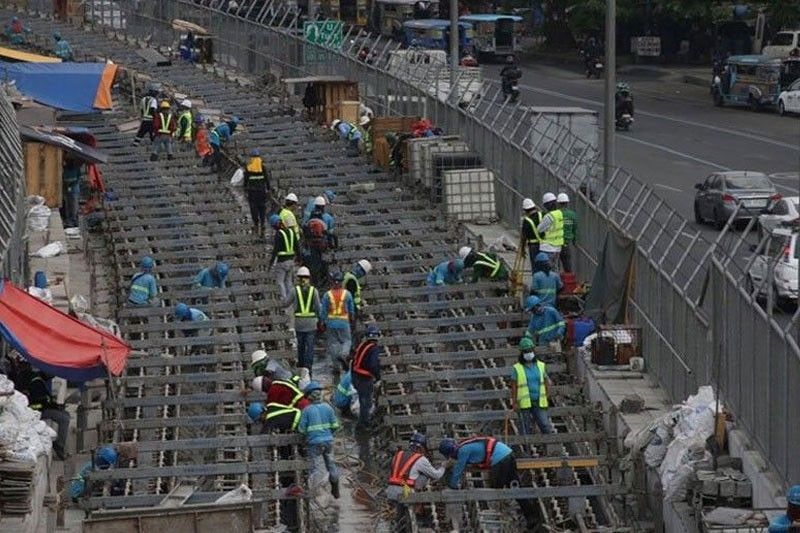MANILA, Philippines — The government is finalizing the executive order (EO) that would streamline the processing of permits for the country’s priority infrastructure projects, the National Economic and Development Authority (NEDA) said.
“The Office of the President is finalizing the EO on expediting the processing of documentary requirements for the infrastructure flagship projects or IFPs,” NEDA Secretary Arsenio Balisacan said during the recent Arangkada Philippines’ forum.
Through the EO, he said the government wants to simplify the requirements and clearances needed by implementing agencies for priority infrastructure projects.
“It also ensures the automatic approval of any pending application or request, provided all conditions and payments have been fully complied with,” he said.
The NEDA Board, chaired by President Marcos, confirmed the proposed EO in September.
The list of IFPs covers 197 big-ticket projects worth about P8.74 trillion, spanning different sectors, including physical and digital connectivity, water resources, agriculture, health, power and energy.
These projects will benefit from expedited approval processes and higher prioritization in government spending.
Balisacan said 88 of the IFPs are still undergoing various stages of preparation in which the private sector may participate.
“The Marcos administration has been proactively addressing bottlenecks in the timely completion of these IFPs. We aim to substantially implement these projects, if not complete them, by 2028,” he said.
The government has been undertaking various efforts to create a more enabling policy environment for the rapid rollout of infrastructure projects.
These efforts include the revised implementing rules and regulations of the Build-Operate-Transfer (BOT) Law to address various concerns of private sector stakeholders on the financial viability and implementation ambiguity of projects.
Balisacan said the upcoming amendment to the BOT Law reflects the features of the revised IRR and aims to harmonize all legal, policy, and regulatory frameworks in developing, implementing, and monitoring PPP projects, while balancing public and private-sector objectives.
